We train groups of up to 20 people at a time. The Basic Tools training takes place in 4 sessions, 2½ hours each, often spaced out a week apart. All sessions include presentations and activities. Sessions 2-4 spotlight participants’ use of the skills at work, home and play. Participants understand the full power of Restorative Justice Practices only when they’ve invested their hands and hearts in meaningful real-life situations.
If possible, we recommend that you include some people who don’t know one another – from different departments in a non-profit or business, or different schools in one district, perhaps multiple community partners. We’ve found that work “families” slip into distractingly cozy social habits with one another. But it’s your call.



